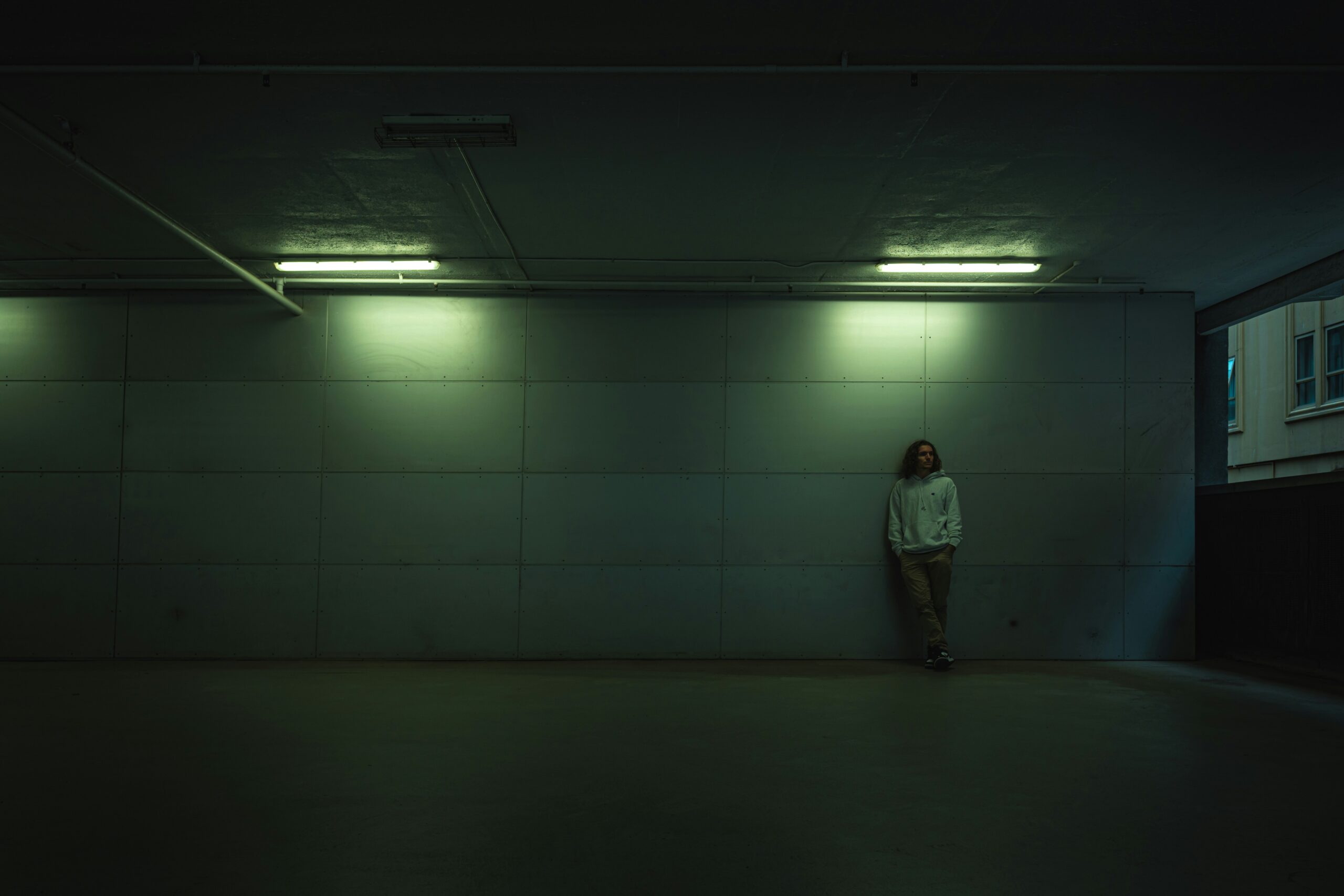Sometimes in life you can struggle with co-occurring disorders, which means you’re dealing with both a mental health disorder and an addiction simultaneously. Certain mental health disorders, such as the various types of bipolar disorder for example, are known for their connection to substance abuse. And schizophrenia is no exception. Often, schizophrenia and alcohol abuse or addiction are interconnected. But why? And what can you do if you’re struggling with both right now?
Understanding Schizophrenia
In the context of the schizophrenia and alcohol connection, alcohol addiction is the most common co-occurring disorder in people with schizophrenia, according to Alcohol Research & Health. But what exactly is schizophrenia?
According to the American Psychiatric Association (APA), schizophrenia is a chronic brain disorder that affects less than one percent of people in the US. Contrary to popular misconceptions, however, the word “schizophrenia” does not mean split personality or multiple personalities. Instead, when the disease is active, you may have episodes that make you unable to distinguish between real and unreal experiences
Consequently, schizophrenia affects how you think, feel, and behave. As you lose touch with reality, you can struggle with daily life and responsibilities. Common symptoms of schizophrenia, explains the Mayo Clinic, can include:
- Delusions (believing in things that aren’t real)
- Hallucinations (seeing or hearing things that aren’t real)
- Disorganized speech and thinking
- Extremely disorganized or unusual motor behavior
- The inability to feel pleasure
- Loss of interest in daily activities
- Social withdrawal
What is Alcohol Addiction?
On the other end of the alcohol and schizophrenia connection, struggling with alcohol addiction (also known as alcohol use disorder or alcoholism) means your alcohol consumption is out of control. You simply can’t stop drinking, even if you wanted to quit. That’s because addiction has caused you to develop a dependence on alcohol to function, so you need to compulsively drink regularly. And you’ll continue to drink in spite of any negative consequences it’s causing you.
When you drink alcohol, your brain releases the pleasure chemical dopamine, signaling to you the experience is rewarding. This makes you want to drink again. People consequently may drink to cope with negative feelings or experiences, leading to chronic drinking. Yet over time, your body develops a dopamine tolerance, so you need to drink larger amounts and more often to get the same happy feelings, until eventually you become addicted to alcohol. Common symptoms of alcohol addiction, shares the National Institute on Alcohol Abuse and Alcoholism (NIAAA), include:
- Drinking more or longer than intended
- The inability to cut down or stop drinking
- Spending much time drinking, being sick from drinking, or recovering from drinking
- Choosing to drink over spending time with family or fulfilling work or school obligations
- Needing to drink more often to get the same affects
How Schizophrenia and Alcohol are Connected
There is no cure for schizophrenia, so you need lifelong treatment if you’re diagnosed. However, with the right treatment and medications, the severity of the disease can be reduced, leading to healthy life for many. The challenge, however, is getting the right treatment as well as keeping up with it. This is where schizophrenia and alcohol often interplay.
According to Alcohol Research & Health, previous studies have found that over 33% of people diagnosed with schizophrenia also met the criteria for alcohol use disorder at some point in their lives. And even worse, 47% met the criteria for any kind of substance use disorder. But why? Some experts believe people with schizophrenia may seek out alcohol and other substances as a way to self-medicate for their schizophrenia symptoms or the side effects of prescribed medications. Yet sadly, alcohol often makes schizophrenia symptoms worse in the long run.
Schizophrenia and alcoholism are also connected due to those with schizophrenia being predisposed to alcohol addiction. Because dopamine is often dysregulated in their brains, it’s common for people with schizophrenia to prefer substances that increase dopamine transmission. And because schizophrenia impairs your thinking, social judgment, and impulse control, using substances like alcohol can leave you especially vulnerable to struggling with both alcoholism and schizophrenia simultaneously.
Warning Signs of Schizophrenia and Alcohol Abuse
If you think your or your loved one may be struggling with both schizophrenia and alcohol abuse, there are some key warning signs. Some common indicators of alcohol and schizophrenia challenges, shares WebMD, include:
- Sleep difficulties
- Depression
- Poor self-care
- Isolation
- Aggression and irritability
- Hearing voices
- Suspicion
- Repeated hospital visits
- Missed appointments
Dual Diagnosis Treatment for Schizophrenia and Alcohol Addiction
When you have co-occurring disorders like schizophrenia and alcoholism, what should you do next? It’s best to seek treatment for both disorders simultaneously. Otherwise, treating one condition at a time will only make the other untreated one worse. To treat both, you need to partner with specialized dual diagnosis treatment centers capable of addressing multiple conditions under one roof.
At Sana at Stowe, our dual diagnosis rehabs in Vermont address the root issues of your addiction, helping you achieve lasting sobriety. At the same time, we can equip you to manage your schizophrenia in a healthy way, empowering you to live the independent, meaningful life you deserve. Call us today to learn more about our dual diagnosis treatment program.


